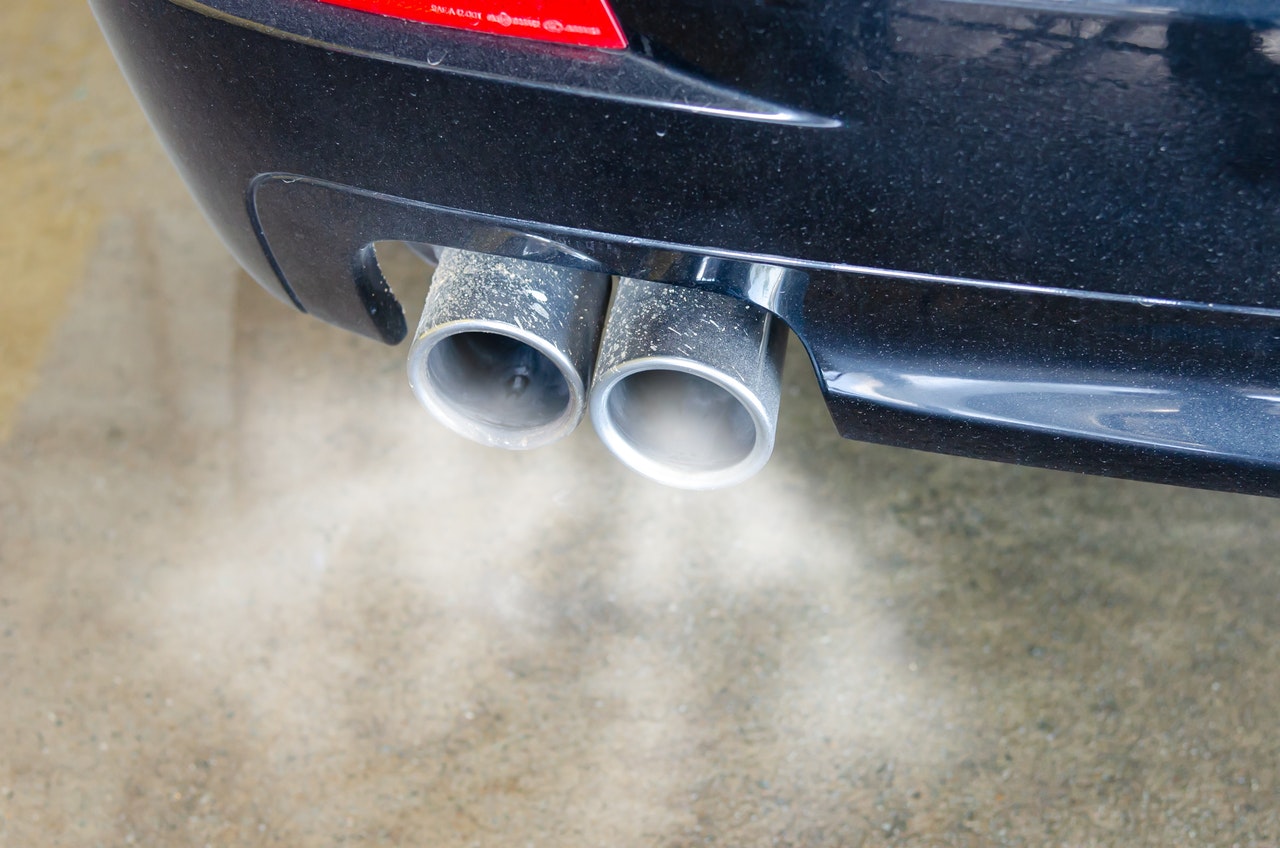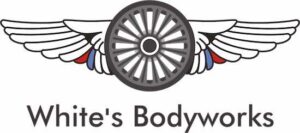
Can you make the most of your fuel and get more miles to the gallon, even if you have a petrol-guzzling classic car? The team at White’s Bodyworks in West Sussex have been taking a closer look at a few simple tips that can make a big difference to your pocket and the fuel you use.
The simple answer is that most drivers burn through more fuel than they should and changing a few habits can make a difference. If you own a modern car with fuel-saving measures included, all well and good. But many people have older cars that aren’t so primed for fuel-efficiency.
There are three main areas where you’ll start using less fuel: Maintaining your vehicle properly, watching your driving habits, and making sure your car isn’t overloaded.
The first step to help you be economical in your road habits is to make sure that your car is maintained properly. This means having regular services and doing your own spot checks.
Quick maintenance should include making sure your tyres of inflated properly. Why? It makes a small significant difference to your fuel consumption. Simply put, underinflated tyres put a drag on your car’s efficiency as the engine has to work harder to get you from A to B.
Other things that can affect fuel efficiency are wheel alignment, the type of oil you use, how well your brakes work and the efficiency of the engine.
How we drive can also make a difference when it comes to fuel economy. Accelerating gradually from stops rather than surging forward can certainly save you a few pennies. You should also be driving in the highest possible gear for the speed that you are going. Think about driving as smoothly as possible rather than making sudden manoeuvres.
Speed is another way to keep your fuel use under control. Most cars have an optimum speed where they are using the least amount of petrol and it’s a good idea to research this for your vehicle. Most older cars are more fuel-efficient at between 40 and 50 miles an hour.
Try to avoid lots of changes of speed and keep things as constant as possible, especially when on fast roads like expressways and motorways. Anticipating the road ahead of you and making manoeuvres before they become critical can help you do this.
We often get asked if cruise control is good for fuel economy. The answer might surprise you as most people think that it does have an effect. It’s only partly true. If you are on a flat road and moving at a relatively high speed, for example on a motorway, cruise control can indeed boost fuel economy.
If there are gradient changes, such as a hill, however, cruise control is slow to react and can actually make you burn more fuel.
The weight of your vehicle makes a difference to fuel efficiency as does anything like a roof rack that increases wind resistance. It means that your car has to work a lot harder and for that, it needs more fuel. Avoid carrying a heavy load for longer than necessary and take your roof rack off when it's not in use.
Many people have been getting into hypermiling as a way of saving on their fuel costs. This has been around for a good few years but it does have some useful principles.
These include not using your car for short, unnecessary journeys and walking or cycling instead. When you drive somewhere, plan the shortest route and choose a time when traffic is likely to be lighter which means you get to your destination quicker and use less fuel.
Rather than doing several small journeys, you might also consider combining them into one drive – when your car starts from cold, it has to burn more fuel. If the engine is warm, however, you don’t use so much gas.
If you are based in West Sussex and are looking for a garage to handle regular servicing of your car, the team at White’s Bodyworks has all the equipment and expertise you need, all delivered at an affordable price.
Start making your car fuel-efficient. Contact White’s Bodyworks today.
